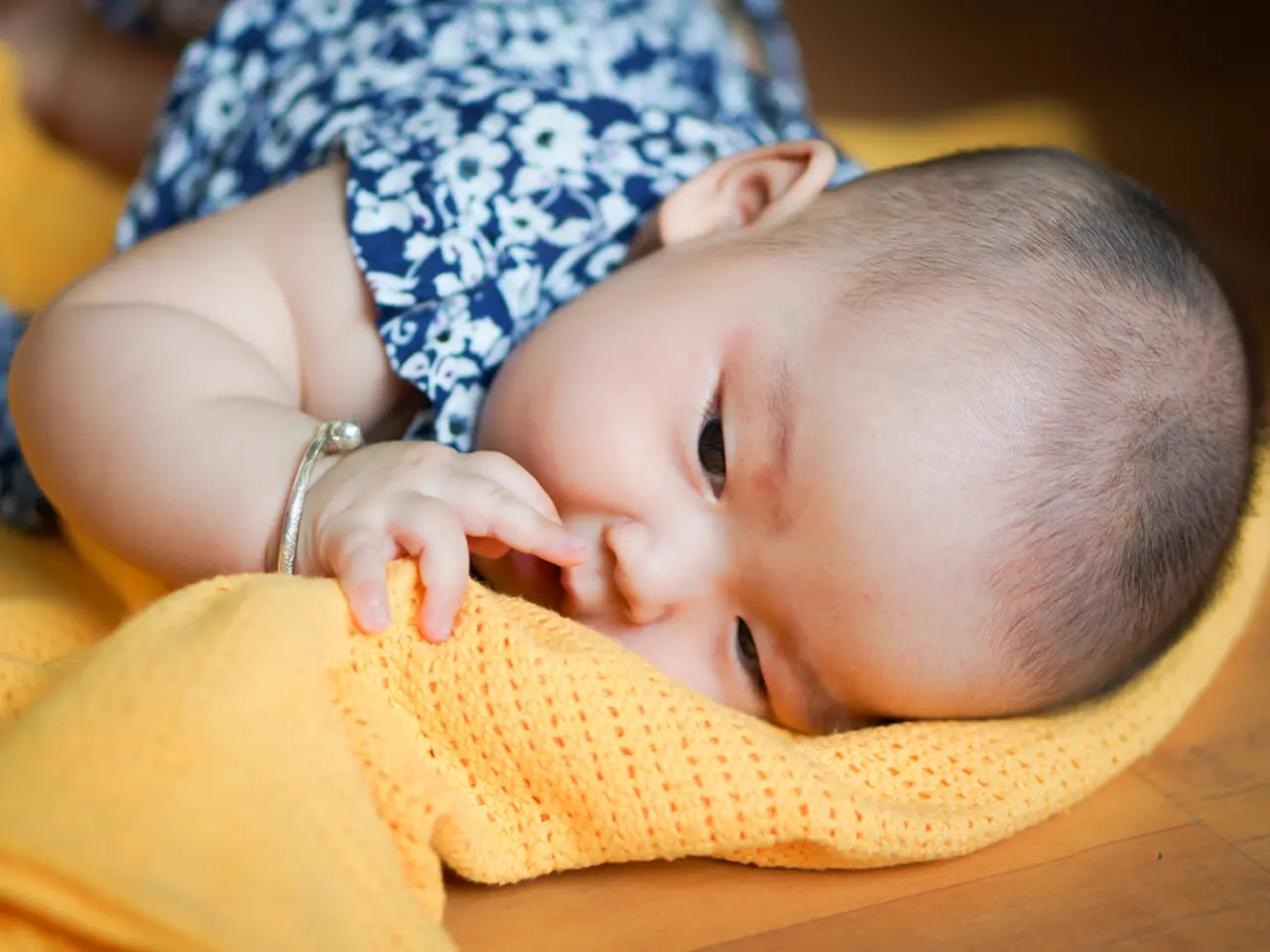Pakistani Court Allows Underage Marriage but Demands Legal Reforms
The Islamabad High Court has disposed of a writ petition concerning an underage marriage, allowing the minor, Madiha Bibi, to remain with her husband. Justice Khan issued seven urgent recommendations to the federal government, calling for stricter legal measures to address conflicting age definitions and prevent child exploitation.
The ruling highlighted a legal gap where Islamic jurisprudence permits marriages based on puberty and consent, even when statutory age laws are violated.
The case centred on the Islamabad Child Restraint Marriage Act of 2025, which criminalises those who facilitate underage marriages but does not invalidate the unions themselves. Justice Khan acknowledged that this legal stance risks normalising the exploitation of minors, despite the law’s intent to punish offenders.
Under Islamic jurisprudence, a marriage is considered valid if a person has reached puberty and gives free consent, regardless of statutory age limits. The court invoked the Enforcement of Shariah Act of 1991, declaring Shariah the supreme law of Pakistan and requiring interpretations to align with Islamic principles where ambiguity exists. Justice Khan ruled that, without explicit statutory language declaring child marriages void, Islamic principles must determine their validity.
To address these contradictions, the court urged a legislative review to harmonise age definitions across Pakistani laws. Recommendations included engaging Child Protection Officers to assess minors’ marital status before decisions are made. The judgment also directed mandatory training for all Nikah Registrars to prevent them from solemnising or registering marriages involving minors.
Beyond legal reforms, the court called for a nationwide awareness campaign to educate citizens about the harms and legal consequences of child marriages. The recommendations align with international child rights standards and the sustainable development goal to end child marriage by 2030, pushing for laws that explicitly set a minimum marriage age and eliminate exceptions for minors.
The ruling leaves Madiha Bibi’s marriage legally recognised while urging the government to implement stricter, evidence-based regulations. The court’s recommendations aim to close legal loopholes, enforce consistent age requirements, and protect minors from exploitation. The federal government is now expected to act on these proposals to align domestic laws with child rights commitments.
Read also:
- Executive from significant German automobile corporation advocates for a truthful assessment of transition toward electric vehicles
- United Kingdom Christians Voice Opposition to Assisted Dying Legislation
- Democrats are subtly dismantling the Affordable Care Act. Here's the breakdown
- Financial Aid Initiatives for Ukraine Through ERA Loans








